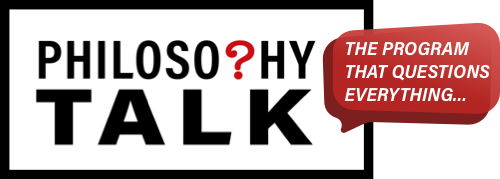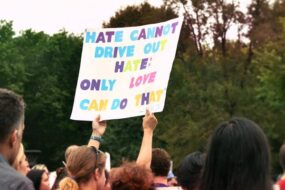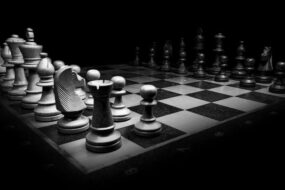
Dehumanization and the Anti-Abortion Debate: A Nuanced Exploration
In my previous blog post, I explored how some opponents of abortion have misrepresented my work on dehumanization, twisting it to fit their arguments. While I argued that this misinterpretation falls short of validity, it’s worth delving deeper into how the concept of dehumanization, when properly understood, might actually align more closely with the anti-abortion cause. This exploration isn’t about taking sides but about uncovering the underlying ethical complexities that shape this contentious debate.
At its core, dehumanization refers to the act of denying the full humanity of certain individuals or groups. It’s a concept that has been used throughout history to justify oppression, violence, and exclusion. When applied to the abortion debate, dehumanization takes on a unique dimension. If we accept that dehumanization involves refusing to acknowledge the inherent human dignity of a being, then the anti-abortion argument—which often hinges on the belief that the unborn are fully human and deserving of protection—finds a philosophical foothold.
The key question then becomes: Does the unborn child possess the same inherent humanity as the born? If we answer yes, then denying their humanity—or their right to life—could be seen as a form of dehumanization. This frames the anti-abortion stance as a defense of the unborn against what they view as systemic denial of their personhood. It’s a perspective that, even if one disagrees with it, demands a thoughtful engagement with the ethical and moral underpinnings at play.
But here’s the critical caveat: any use of dehumanization as a conceptual tool in this debate must remain anchored in reason, empathy, and a commitment to understanding the opposing viewpoint. It’s easy to slide into inflammatory rhetoric or oversimplification, but true progress in such a polarized discussion requires a willingness to grapple with the gray areas.
Ultimately, the intersection of dehumanization and the abortion debate invites us to reflect on what it means to be human and how we as a society assign value to life. While my work has been misused by some, the framework it provides can also serve as a starting point for a more nuanced and respectful dialogue—one that acknowledges the complexity of human dignity and the ethical responsibilities that come with it.
In exploring these ideas, we’re reminded that the abortion debate is not just about abstract philosophy but about real lives, real choices, and real ethical stakes. By engaging with the concept of dehumanization thoughtfully, we can move toward a more informed and compassionate conversation—one that honors the humanity of all involved.








No Comments